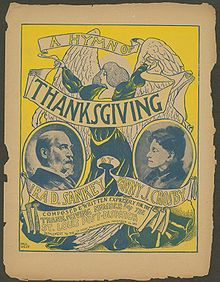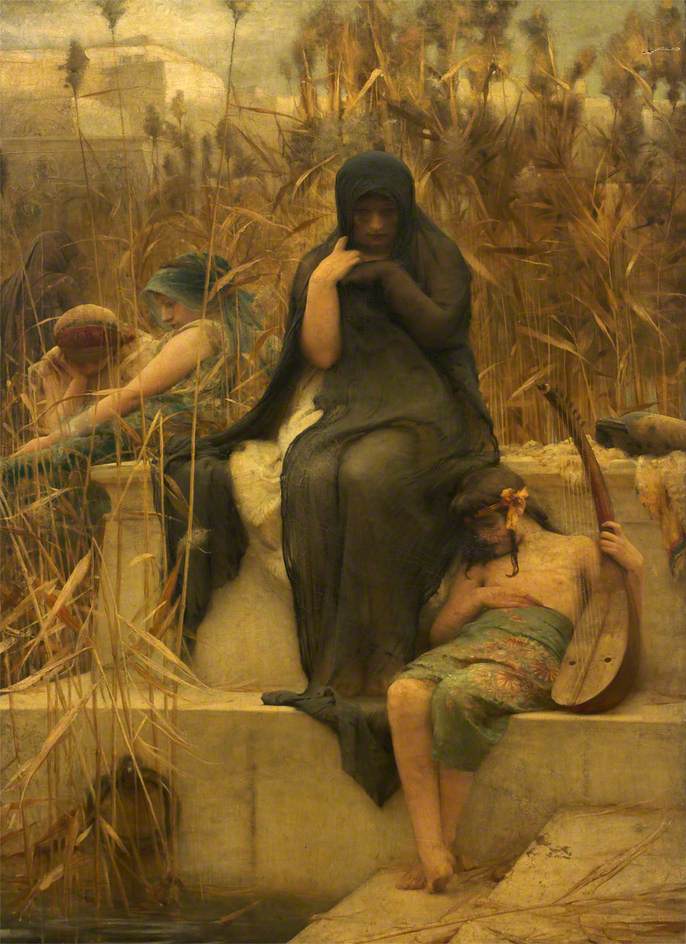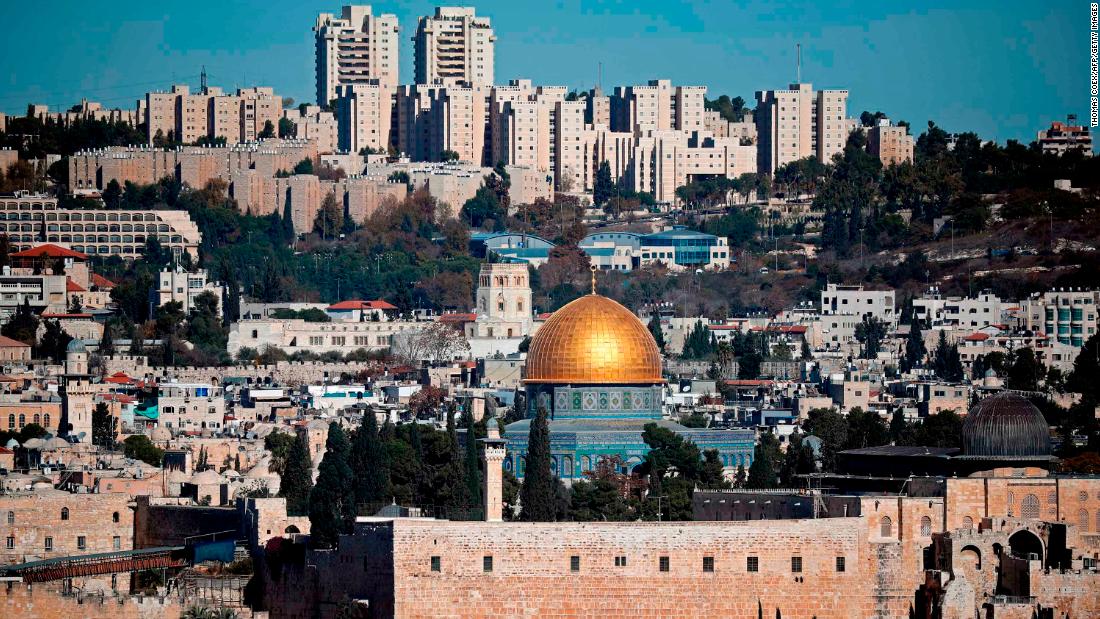
* * * *
November 24, 2021 – In case you didn’t realize it, the next major feast day is Thanksgiving, on November 25. As noted in the Thanksgiving link, that national holiday dates back to 1621, when “Plymouth colonists and the Wampanoag [Native Americans] shared an autumn harvest feast that is acknowledged today as one of the first Thanksgiving celebrations in the colonies.”
On the subject of such feast days, see also Calendar of saints – Wikipedia:
The calendar of saints is the traditional Christian method of organizing a liturgical year by associating each day with one or more saints and referring to the day as the feast day or feast of said saint. The word “feast” in this context does not mean “a large meal, typically a celebratory one,” but instead “an annual religious celebration, a day dedicated to a particular saint.”
The last time I did a post on Thanksgiving was in 2019; Thanksgiving 2019. Which means for some reason I didn’t do such a post in 2020. For one thing there was a disputed election. (Which wasn’t settled until January 6, 2021, and in some minds remains unsettled “even to this day.”) Then there was COVID-19… And a reminder: That 2019 post came before the pandemic hit, so “let’s go back and see what life was like back then, in ‘B.C.'” (Before Covid.)
* * * *
For starters, here’s my original caption for the lead painting above: “The Mayflower Pilgrims, leaving behind their homeland – for a ‘whole New Wo-o-o-orld…‘” (The latter referred to the song from “Aladdin.”) And the title and artist of the painting, “‘The Embarkation of the Pilgrims[‘] (1857) by the American painter Robert Walter Weir.”
Back on Thanksgiving 2019 my main – mundane – concerns were 1) just getting back from a 19-day 160-mile hike on the Portuguese Camino, 2) being hired back as a supervisor at the local Keep America Beautiful, and 3) reurning home in the middle of the “High Holy Season.” (The season of college and pro football. See Moses at Rephidim: ‘What if?’)
Back in that time of relative innocence – considering the challenges about to rear their ugly heads – I waxed poetic about how we might “live in harmony with one another,” so that together we might “with one voice glorify the God and Father of our Lord Jesus Christ.”
We’re still waiting for that one to happen.
But as with any great pilgrimage like ours – on a national scale – there’s always a need for a reality check every so often. Like this one about that much-celebrated First Thanksgiving:
102 [Pilgrims] landed in November 1620 [at Plymouth Rock]. Less than half survived the next year. (To November 1621.) Of the handful of adult women – 18 in all – only four survived that first winter in the hoped-for “New World…” The point is this[: T]he men and women who first settled America paid a high price, so that we could enjoy the privilege of stuffing ourselves into a state of stupor.
In other words freedom – like Enlightenment – “isn’t free.” Which should remind us that any true pilgrimage – or any spiritual journey worth its salt – involves a lot of disciplined, persevering work. And which – to me, in 2019 – served as a reminder that whatever “Dark Age”we may have to go through, both during and after “this fine but politically-hectic November of 2019:”
“This too shall pass…“
* * * *
And so it shall. On another positive note, I just published a new E-book. You can check it out by clicking on Will I REALLY live to 120?: On Turning 70 in 2021 – and Still Thinking “The Best is Yet to Come.” (Written and published under my Nom De Plume, “James B. Ford.”) And that’s not to mention Jesus Christ, Public Defender, published back in January 2019. One theme: “You DON’T have to be a way-too-conservative Fundamentalist to be a real Christian,” and in fact, “you’ll get much more from the Bible if you aren’t.” (See more details at For a book version.)
And speaking of civil wars, the sketch below illustrates one of the first Thanksgivings to be celebrated on a national level in this country. In the meantime, here’s wishing you a…
Happy Thanksgiving – 2021!
* * * *

* * * *
The upper image is courtesy of Pilgrim Fathers – Wikipedia, with a fuller caption, “‘The Embarkation of the Pilgrims’ (1857) … at the Brooklyn Museum in New York City.” And the full link to the song from “Aladdin:” Aladdin – A Whole New World [High Quality] – YouTube.
Re: Moses at Rephidim: ‘What if?’ That post referred to the disappointing Atlanta Falcons 2017 Super Bowl loss to the New England Patriots, whose quarterback at the time was Tom Brady. Thus causing me to “hate” Brady even more than I did before. But then in the 2020 Super Bowl that same Tom Brady quarterbacked my beloved Tampa Bay Buccaneers to their first Super Bowl since 2002. “He has redeemed himself!” And BTW: I lived in the Tampa Bay area for 50 years, so the Buccaneers are my favorite NFL team. But since I moved to the Atlanta area, the Falcons come in a close second.
Re: “Jesus Christ, Public Defender.” The full link is Jesus Christ, Public Defender: and Other Meditations on the Bible, For Baby-boomers, “Nones” and Other Seekers.
The lower image is courtesy of Thanksgiving U.S. – Wikipedia. Caption: “Sketch by Alfred Waud of Thanksgiving in camp (of General Louis Blenker) during the U.S. Civil War in 1861.” The article noted, “In the middle of the American Civil War, President Abraham Lincoln, prompted by a series of editorials written by Sarah Josepha Hale, proclaimed a national Thanksgiving Day,” to be celebrated on the final Thursday of November, 1863. “Since 1863, Thanksgiving has been observed annually” in the U.S.

See also the “Hymn of Thanksgiving” image, captioned: “‘A Hymn of Thanksgiving’ sheet music cover – November 26, 1899.”
* * * *

